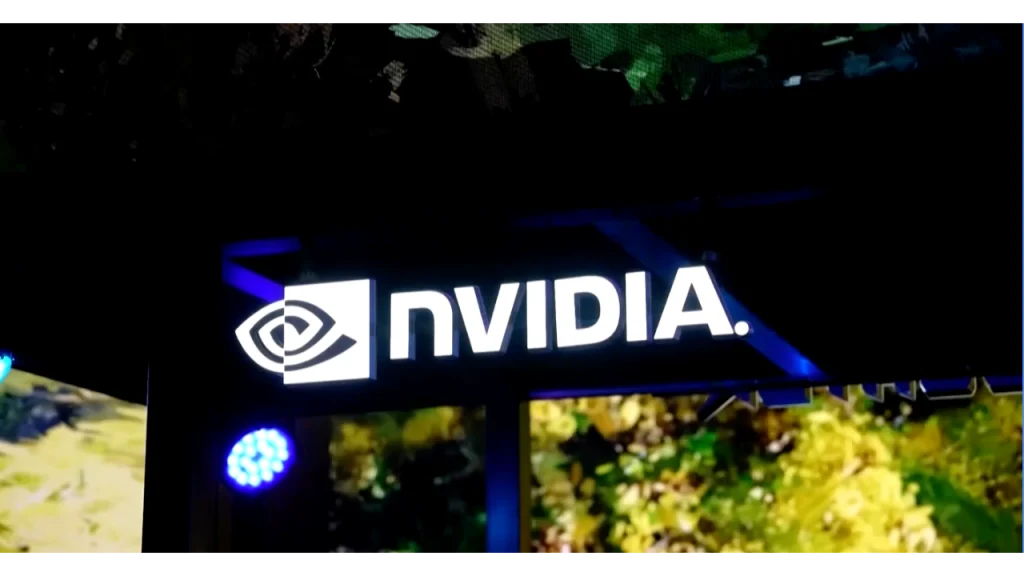- Customs teams are scrutinising shipments of China-compliant Nvidia parts such as H20/RTX 6000D, with some buyers told to pause orders and testing.
- The move follows successive US export curbs that blocked A100/H100 and later A800/H800, spurring “China-specific” chips like H20.
What happened: Ports inspections widen as buyers told to pause
China has mobilised customs teams at key ports to tighten checks on imports of Nvidia’s AI accelerators, the reported, with Reuters noting the effort aims to reduce domestic dependence on US chips while promoting local supply. The scrutiny extends to models tailored for China under US rules, including H20 and certain workstation-class GPUs, and follows informal guidance to large platforms to halt orders and testing.
The crackdown lands after multiple rounds of US export controls: Washington first restricted A100/H100 shipments (2022–23) and later barred “China-specific” A800/H800 variants, prompting Nvidia to ready the H20 for compliance.
Also read: Meta widens Llama AI access to US allies
Also read: Ciena acquires Nubis to power AI data centres
Why it’s important
AI data centres, autonomous systems and edge services depend on high-end GPUs; extra border checks could add uncertainty to Chinese buyers’ build-outs, raising costs and elongating lead times. Nvidia has already warned that shifting US curbs constrain China sales, while Beijing is prioritising domestic accelerators to close the gap.
Yet the impact is not linear. Chips are small and tradable, and prior reporting shows enforcement leakage is hard to eliminate entirely. If customs actions are sustained, expect more design-for-sanctions behaviour, including substitution with local silicon and increased use of overseas cloud capacity. Conversely, if checks ebb or licensing paths emerge, demand could snap back to compliant SKUs. Either way, procurement strategies will hinge on predictable timelines, transparent rules and total cost per unit of compute—not headlines.

